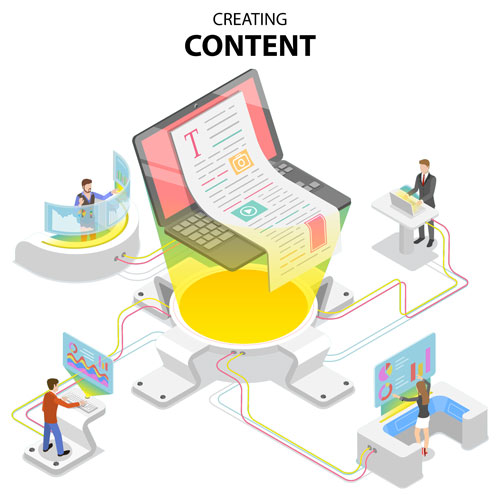Headlines are the first point of contact between your content and your audience. A well-crafted headline can make the difference between a reader clicking on your article or scrolling past it. Headlines serve multiple functions: they grab attention, set the tone, and provide a preview of the content’s value.
Characteristics of a Great Headline
- Clarity: Ensure your headline is clear and easy to understand. Avoid jargon or complex language that could confuse readers.
- Brevity: Aim for a concise headline that gets to the point quickly. Ideally, keep it under 70 characters to ensure it displays well on all devices.
- Relevance: Make sure the headline is relevant to the content and addresses the audience’s needs or interests.
- Engagement: Use power words or emotional triggers to engage the reader. Words like “amazing,” “incredible,” “essential,” and “proven” can be very effective.
- Specificity: Provide specific information that gives readers a reason to click. Numbers, lists, and data points often attract attention.

Common Mistakes to Avoid
- Being Vague: Avoid headlines that are too broad or generic. Specificity is key to attracting interest.
- Overhyping: While it’s important to be compelling, don’t exaggerate to the point of misleading your readers. This can damage credibility.
- Using Clickbait: Headlines that promise one thing but deliver another can lead to high bounce rates and loss of trust.
- Ignoring SEO: While creativity is important, overlooking SEO can limit your content’s visibility. Balance creativity with keyword optimization.
ChatGPT prompts to write headlines
- Write [number] headlines for an article on [topic] for [audience].
- [paste article/podcast or video transcript] Based on this content, give me [number] headlines for [audience]. Use [keyword].
- [Paste blog/transcript] Using the above, write [number] click-worthy headlines for [who] that provide [what] and [why] for [topic/industry]. Limit your character count to [number].
- Write [number] headlines for [audience/persona/job title] that provides [tips/tricks/mistakes/lessons/examples about topic] and what the outcome or benefit will come from reading.
You can also use the search function to find the best prompts for ChatGPT.